Eggs are a kitchen powerhouse, often referred to as the “glue” that holds many recipes together. Their versatility makes them essential in both savory and sweet dishes. Whether you’re making breakfast, baking a cake, or preparing a meal, eggs offer texture, flavor, and structure.
Origin and History of Eggs
Eggs have been a staple food across cultures for millennia. Originally gathered from wild birds, they were later domesticated with chickens being the most common source today. Ancient civilizations, including the Romans and Egyptians, valued eggs for their nutritional benefits and culinary uses. Today, eggs continue to be a fundamental part of diets around the world.
Pros and Cons
Pros:
- Nutrient-Rich: Eggs are packed with high-quality protein, essential vitamins (like Vitamin B12 and Vitamin D), and minerals such as iron and zinc.
- Binding Power: They are excellent for binding ingredients together in recipes like meatloaf or burgers, providing structure and texture.
- Culinary Flexibility: Eggs can be prepared in countless ways, from boiling and scrambling to baking and poaching.
Cons:
- Allergy Concerns: Eggs are a common allergen, which can be a significant issue for some individuals.
- Dietary Restrictions: Those managing cholesterol levels or following a vegan diet may need to avoid eggs.
Looking for a delicious egg-based recipe? Try Deviled Egg Pasta Salad The eggs in this recipe help bind the meatballs, ensuring they’re tender and flavorful.
In conclusion, eggs are a vital ingredient in many recipes, valued for their nutritional benefits and versatility. Their ability to enhance texture and flavor makes them indispensable in cooking and baking.





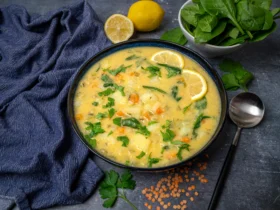
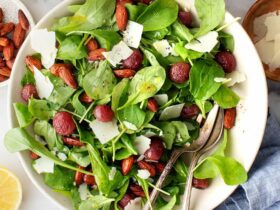

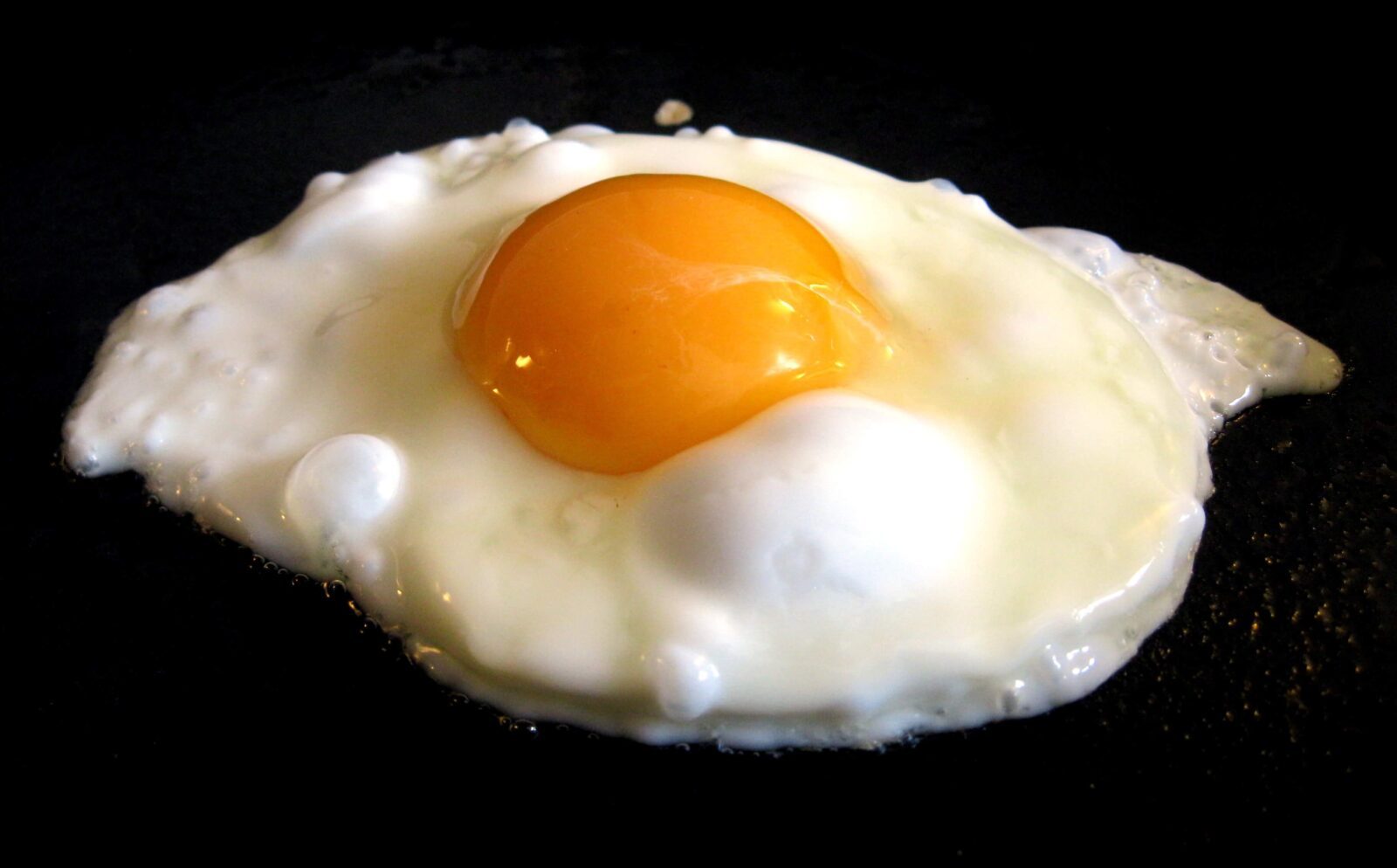

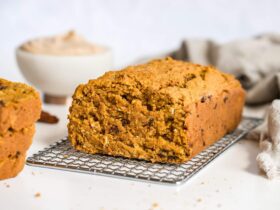
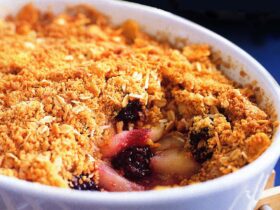
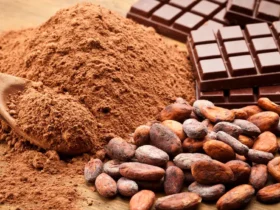
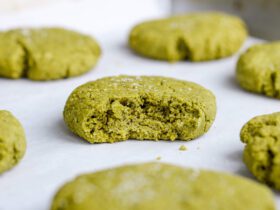
Leave a Review